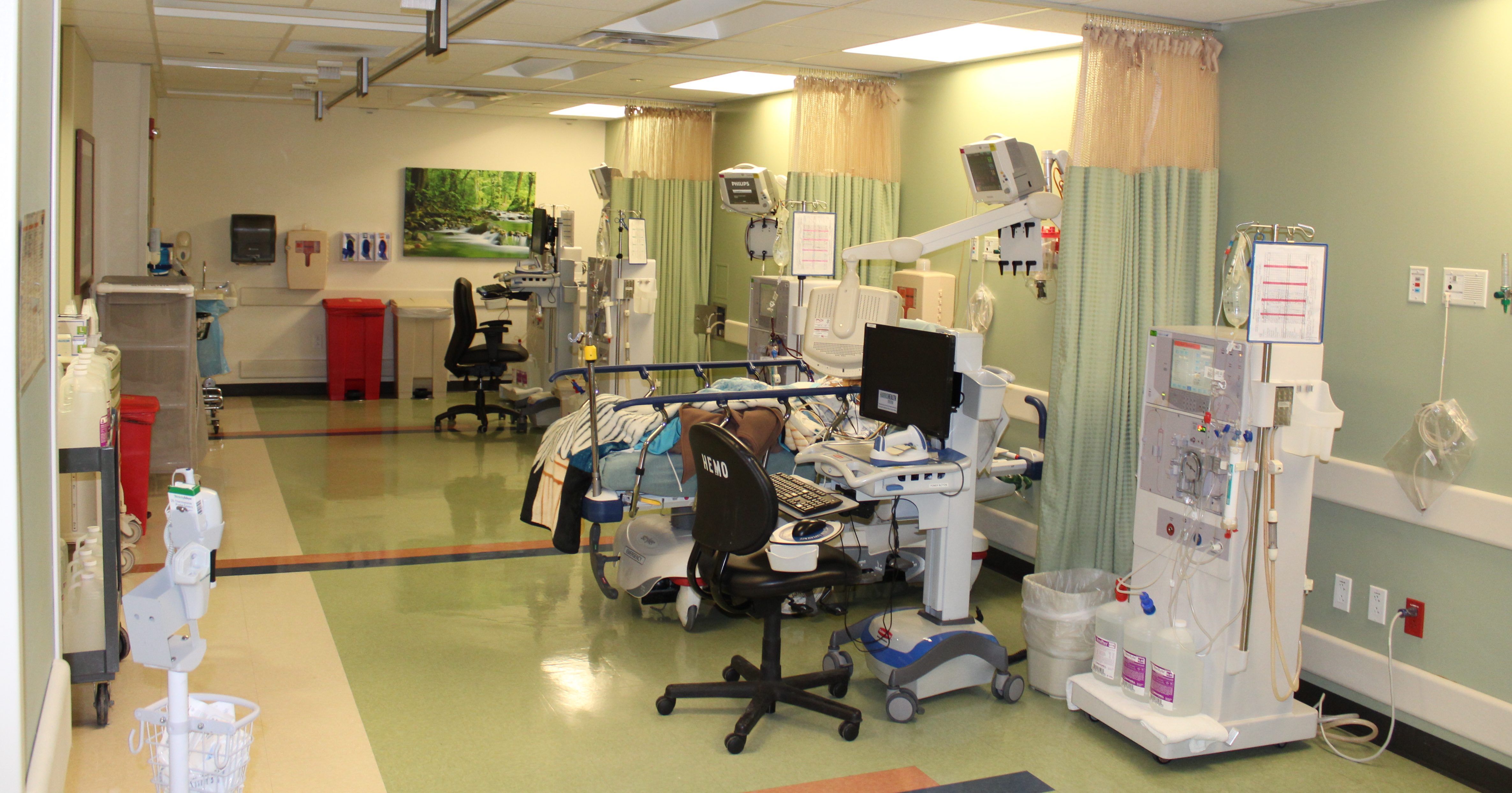Direct Patient Education for Uncontrolled Diabetes
Direct Patient Education for Uncontrolled Diabetes
Diabetes is costly. According to the American Diabetes Association, medical expenses are 2.3 times higher for those who have diabetes than those who do not. Diabetes that is uncontrolled is more costly still, and not just to the wallet, but to the overall health of the patient. Uncontrolled diabetes can cause heart disease, eye and vision problems, kidney disease, nerve damage, infections, dental problems and, according to the ADA was the 7th leading cause of death in the United States in 2010.
In Harris County, over 263,000 adults, or 10.2% of the adult population, has diabetes, according to the Texas Department of State Health Services. This does not include the potentially 20% more who are undiagnosed.
“Uncontrolled diabetes in Harris County is a health and financial risk for many of our patients,” Mohammed Zare, MD, says. “We realized education will empower our patients.”
In order to educate their patients and the community as a whole, David Robinson, MD, professor of emergency medicine at McGovern Medical School at UTHealth and director of the Emergency Department at LBJ Hospital; Mohammed Zare, MD, associate professor of family and community medicine and chief of staff of community health programs; Christel Wommack, PhD, research scientist at UTHealth; and John Foringer, MD, professor of medicine and chief of internal medicine at LBJ Hospital will collaborate across specialties to address the issue.
“Through the coordinated use of multidisciplinary collaboration, we will empower patients with uncontrolled diabetes and improve their healthcare outcomes,” Zare said. “This is no easy feat in the safety net system with limited resources, but it is critical for the well-being of our patients, and will likely end up costing the safety net system here in Harris County less overall.”
The new project will be an expansion of a previous initiative by Zare in which multidisciplinary care and open access to appointments reduced the hemoglobin A1c levels of patients with uncontrolled diabetes over time.
Similar to the previous study, the current collaboration will utilize case managers, clinical laboratories, clinical pharmacists, primary care providers, nutritionists, and patient educators in order to support the patient’s understanding and management of their health condition.
In addition, the project will focus on facilitating the transition of care between emergency rooms and community clinics and allowing for consults between endocrinologists and primary care physicians early in patient care.
The overall purpose of this initiative is to improve healthcare outcomes, increase patient wellness, and decrease the cost of treating patients with uncontrolled type 2 diabetes.
“More specifically, we aim to reduce hemoglobin A1c levels via primary prevention methods, reduce repeat visits to the emergency room, and increase patient wellness,” Zare said. “We will be targeting those that could most benefit from this intervention – patients who are seen in emergency rooms due to their uncontrolled diabetes.”
Development of this project is currently underway.

The Dialysis Clinic, located at Lyndon B. Johnson Hospital, has eight stations that service 350 to 400 patients a month. The majority of patients are admitted via the emergency center.
